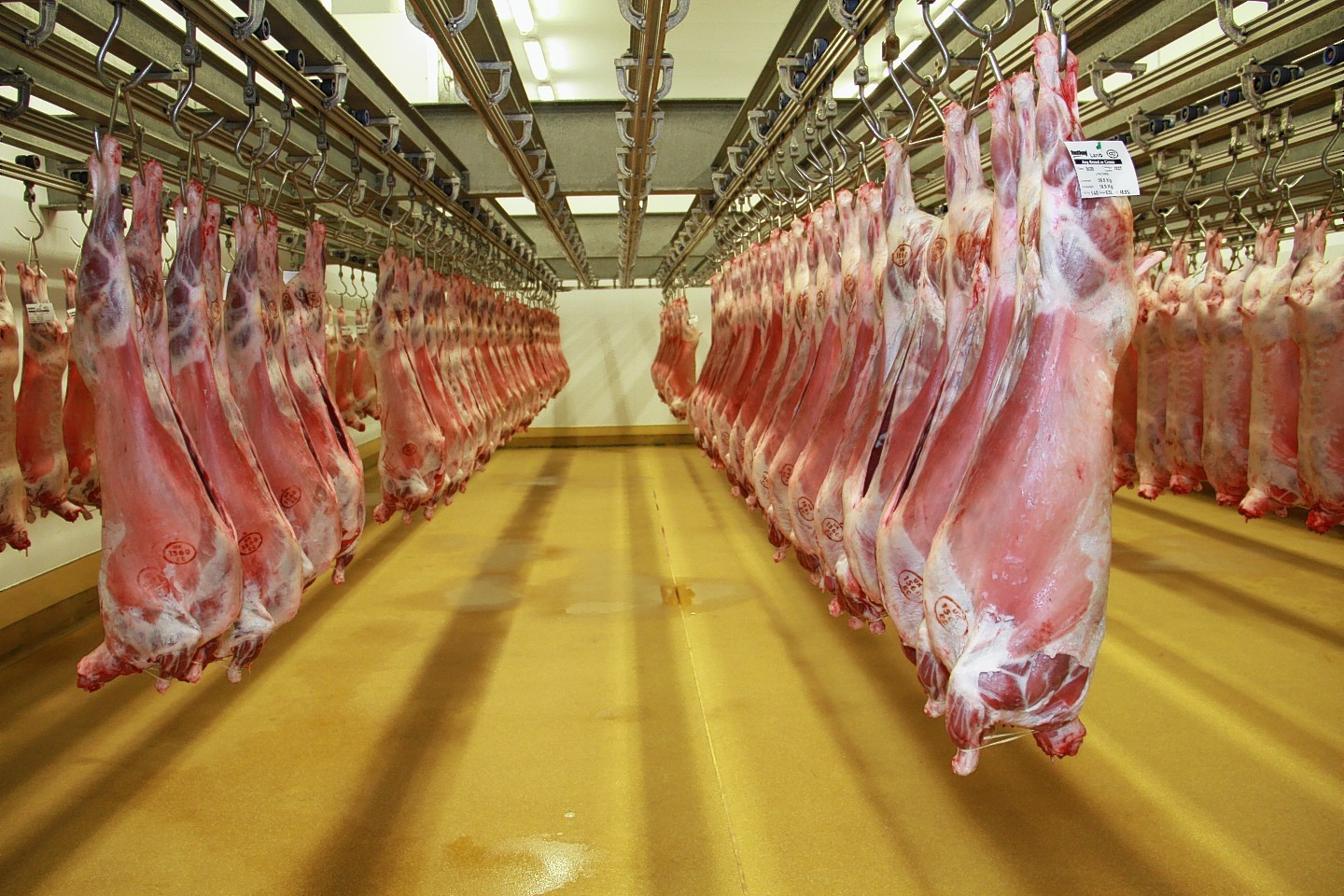Scottish red meat companies face the prospect of “punitive tariffs and substantial market disruption” if they lose access to the European single market following Brexit, warns Quality Meat Scotland (QMS).
A briefing document prepared by the red meat levy body assesses both the challenges and opportunities for the Scottish red meat sector once the UK leaves Europe.
QMS chairman, Jim McLaren, said the Scottish red meat industry contributed around £2billion to Scotland’s economy every year and supported around 50,000 jobs, many of which were in more fragile parts of the country.
According to the QMS document, only around 23% of Scottish abattoir annual turnover is derived from meat sales to customers within Scotland.
Two-thirds of turnover is down to sales to customers in the rest of the UK and 10% of turnover, or around £75million each year, comes from international sales. Sales to Europe make up more than 90% of these foreign sales.
“The information contained in this report makes clear that losing the full and free access to this market that full membership of the EU brings is a considerable threat, with UK meat exporters potentially facing punitive tariffs and substantial market disruption,” said Mr McLaren.
“The document also makes it clear that opportunities to build and improve market access to capture recognised opportunities outside the EU will take time and significant resource.”
The Scottish Association of Meat Wholesalers (SAMW) said government needed to ensure trading routes into the EU remained open following Brexit even if it required change and adjustment to the way in which trade operated.
A spokesman for the association said: “It is important that Government recognises the opportunities that exist for home-produced growth within the UK itself. The UK meat market is a long way short of being self-sufficient, a fact which means there should be greater opportunities for domestic expansion, especially by Scottish suppliers.
“As the QMS report states, two-thirds of Scotch meat is ‘exported’ to the rest of the UK, making it our most important trading outlet. It will be vital, therefore, that in negotiating the UK’s post-Brexit deals, with the EU and other existing and new trading partners around the world, the UK market is given proper and effective protection against inferior, poor welfare and poor hygiene imports from other countries.”
